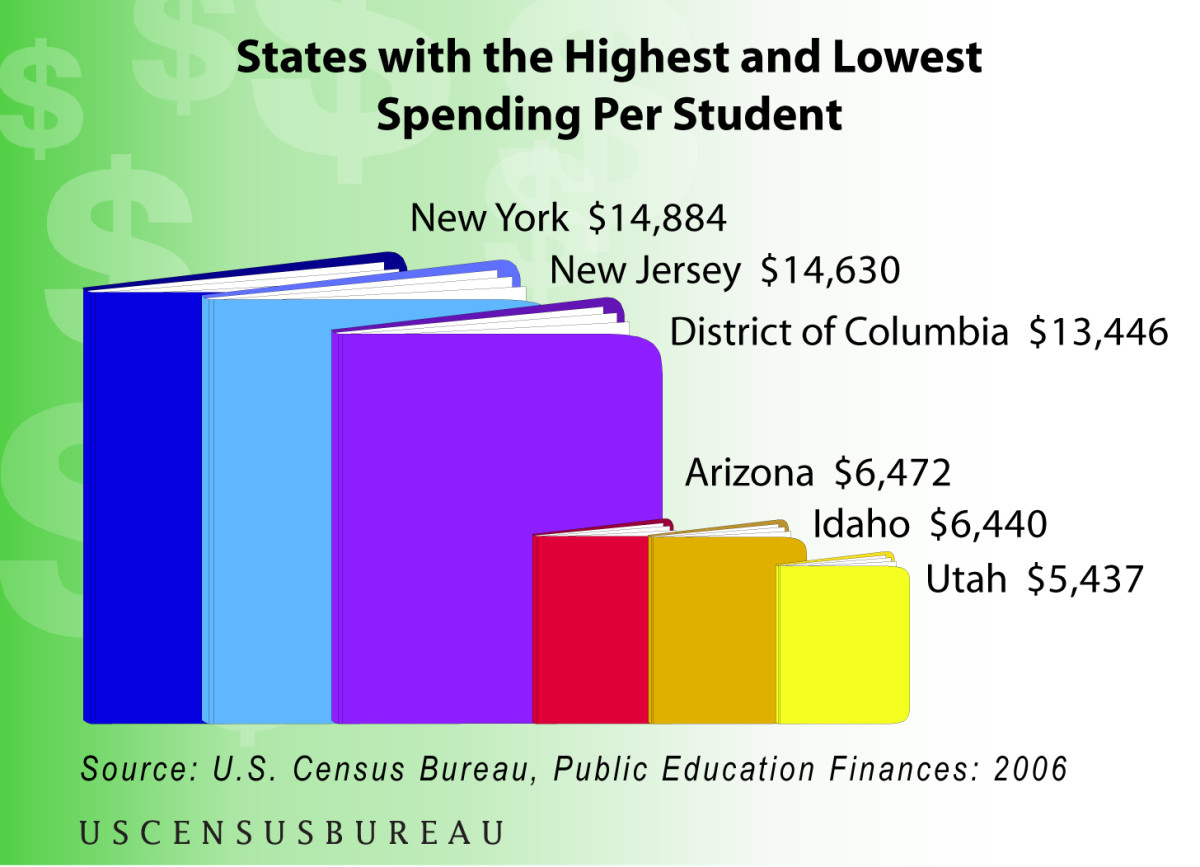Should Religion Be Taught In Public Schools?

Editorial
Religion needs to be taught in public schools. Perhaps one of the major reasons for many wars and conflicts, is lack of tolerance, and ignorance of cultures, including religion.
Of course there will always be wars and conflicts. History is full of examples of wars being fought due to religion, and one group trying to force their views upon another. The ancient Romans vs. the Jews, and The Crusades, are only a couple of examples. Not only were such wars and conflicts fought in the name of religion, but they were wars against cultures, and cultural identity as well.
Since September 11, 2001 for example, Islam has suffered greatly for militant extremist actions. Those unfamiliar with Islam have, and some continue, to perceive all or most of Islam in a negative, militant manner, that is hostile to all other religions and thought. Most Muslims will admit, that such militant extremists are a small size within the faith. Many will also admit that such extremist views (i.e. Sharia Law, Taliban) are not representative of mainstream Islam. Also, how Islam is practiced in the Middle East may be different, than how practiced in Europe and the West. How Christianity is practiced in Eastern Europe, may be practiced differently in the West. Much has to do with history, culture, and cultural identity. And whether people like it or not, religion is a major part of one's history and culture.
Because religion is a major part of history, culture, and cultural identity, religion needs to be taught in the public schools. In the U.S., it is common, even among non-Christians for example, to know how Christmas is acknowledged, and celebrated by Christians. But ask some Christians, and other non-religious people, or people of other faiths, what is Hanukkah, or how is it celebrated, the ignorance could be staggering. And for those who are not Jewish, and might have some knowledge, many might not know that Hanukkah is not identified as one of the High Holy Days (Rosh Hashanah to Yom Kippur), though it's history is important to Jewish faith and culture. Judaism is a good example of mixing and/or separating religion and culture. Many Jews will admit, that being Jewish is both religious and cultural, but can also be just cultural (i.e. foods, traditions).
In the U.S., because of our history of religious wars and intolerance of religious practices, especially stemming from the 'Old World', and the Salem Witch Trials, for example, teaching religion in the public schools have become very unpopular. There are also many examples, of how religious thought was often pushed on to those who do not believe, even throughout the 20th century. Humanists, atheists, agnostics, and others have legitimately complained how often times, the State seems to have 'unofficially' instituted Judeo-Christian beliefs, as official practices of the State (i.e school prayer, Ten Commandments displays in court rooms, sworn oaths on a Bible, etc.). Are such examples enforcing religion upon others, or are they practices, that stem from U.S. history and cultural traditions, based upon our Judeo-Christian foundation? Many of such traditions have been corrected. School prayer is no longer allowed (moment of silence has been incorporated instead). Some court rooms no longer display the Ten Commandments, and a Bible does not have to be used to swear an oath. But in being more attentive to such practices, and becoming politically correct, has the U.S. become too politically correct, in the name of separating Church and State?
Right after September 11, 2001, many high schools and colleges explored, and taught the basic tenets of Islam. In high schools, Islam was explored in social studies and history classes. Many public schools got around the issue by relating it to the current issue of the day, and to help foster cultural understanding of a religion and culture. There were news stories of Christians, and others complaining of how such education was teaching their children to be Muslims. Nonsense. Of course they were not recruiting students to be Muslims. Educators countered, that such was not proselytizing, but educating students on religious and cultural traditions, different than our own. But why is that ok for Islam, and not other religions?
By studying religion, people can come to better understand other cultures, traditions, and even our own. Religion can be taught in the public schools, without proselytizing. This is often done on the college level. World religions is offered at many colleges. In such classes, a religion's basic beliefs, practices, history, and how it effects cultures, is often taught from a sociological perspective. The same could be done in public schools. One example worth noting is Creationism vs. Evolution. Why should this be such a controversy? Why can't the topic be presented how politics and social issues is often (or should be) presented: this side believes this, that side believes that, here are their arguments, now you decide.
By shutting down any public education of religion, education of cultures also gets shut down. Psychology for example, has a long history of trying to be objective and scientific, and has often dismissed religion as irrational. But as many therapists and counseling psychologists have found, when a person's religion, or religious and spiritual beliefs are ignored or dismissed, then a big part of the person is ignored and dismissed.
In school, students are taught to be tolerant of differences, and different ideas, except for religion. Students are encouraged to be 'open minded', and express thought, seemingly except for when it comes to religion, and religious thought. Just as students and U.S. society are asked, and often strongly encouraged to embrace diversity, that diversity should include religious thought and expression. And such could be done without proselytizing. A person's religion, and non-belief in any religion is private, and shouldn't be forced upon others. But a person shouldn't feel afraid to express their beliefs in public either. Banning any display, or banning any teaching of religion is not only breeding ignorance, but breeding intolerance as well.
Shabazz Wilson
Resources:
http://interfaithcalendar.org/
https://parliamentofreligions.org/








